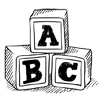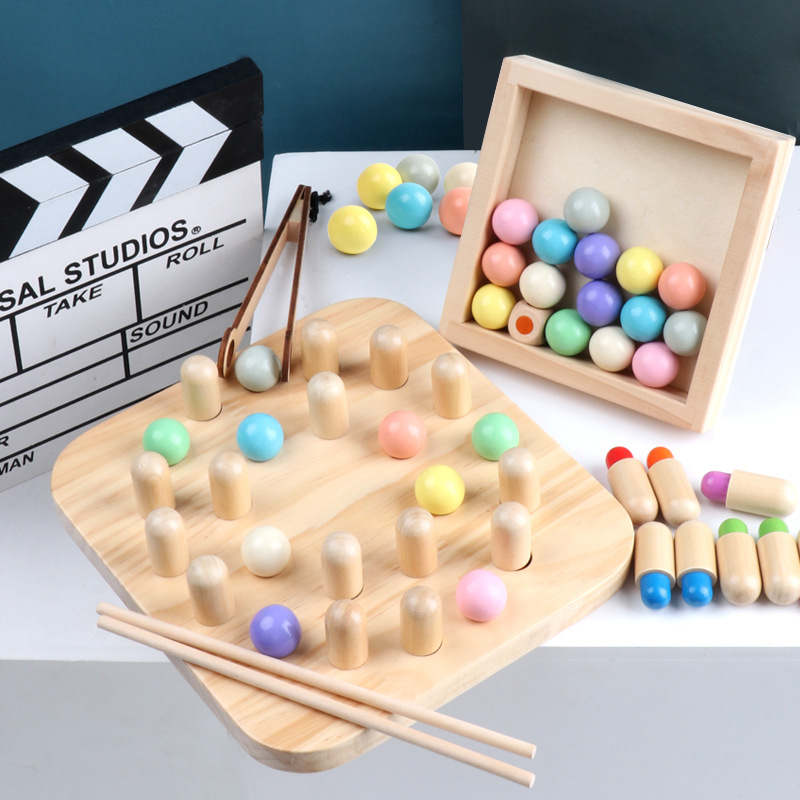Introduction: Inclusive play is essential for creating a supportive and diverse learning environment where all children can participate and thrive. Wooden blocks, with their tactile nature and open-ended play possibilities, prove to be valuable tools in promoting inclusive play for children with special needs. In this blog, we’ll explore how wooden blocks cater to various abilities and foster an inclusive play space for children of all backgrounds and abilities.
- Sensory Stimulation: Children with sensory processing challenges can benefit from the tactile experience of handling wooden blocks, promoting sensory exploration and engagement.
- Fine Motor Skills: Wooden blocks offer an opportunity for children with motor difficulties to practice grasping, stacking, and manipulating, enhancing their fine motor skills.
- Communication and Social Interaction: Through collaborative building with wooden blocks, children with communication challenges can engage in non-verbal communication and develop social skills.
- Visual Perception and Spatial Skills: Children with visual perception or spatial awareness difficulties can benefit from the concrete nature of wooden blocks, supporting their understanding of shapes and spatial relationships.
- Creativity and Self-Expression: Wooden blocks allow children to express their creativity and ideas freely, providing a platform for self-expression irrespective of their abilities.
Conclusion: Wooden blocks foster inclusive play by accommodating diverse abilities and learning styles. Through sensory stimulation, fine motor skill development, communication and social interaction opportunities, enhancement of visual perception and spatial skills, and encouragement of creativity and self-expression, wooden blocks create an inclusive and welcoming play space for all children. By embracing the versatility of wooden blocks, educators and parents can create an environment where every child feels valued, included, and empowered to participate fully in the joy of play and learning.








